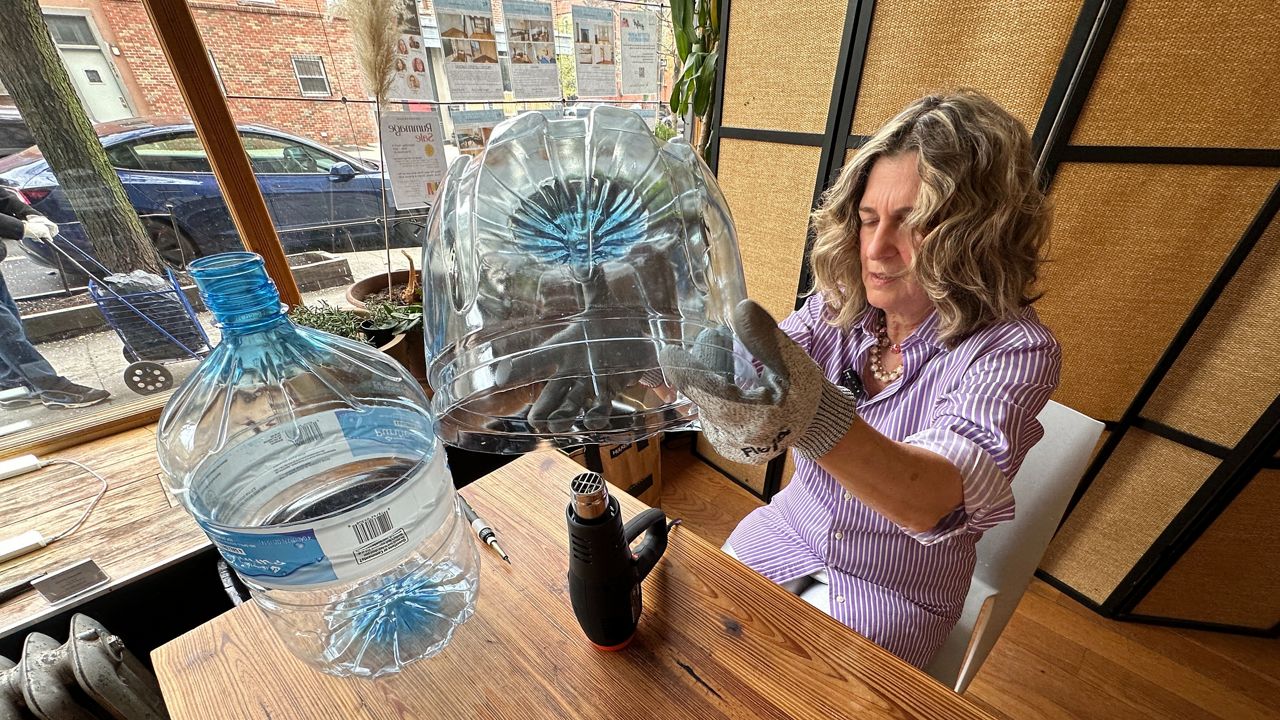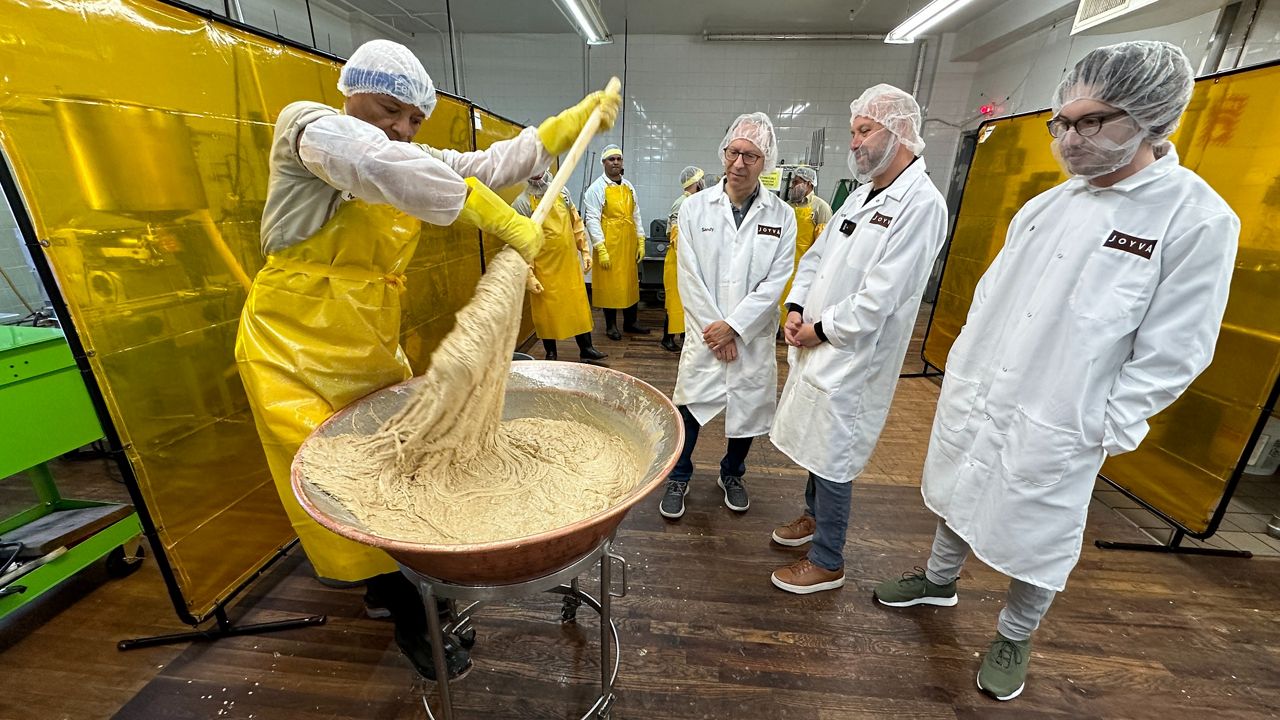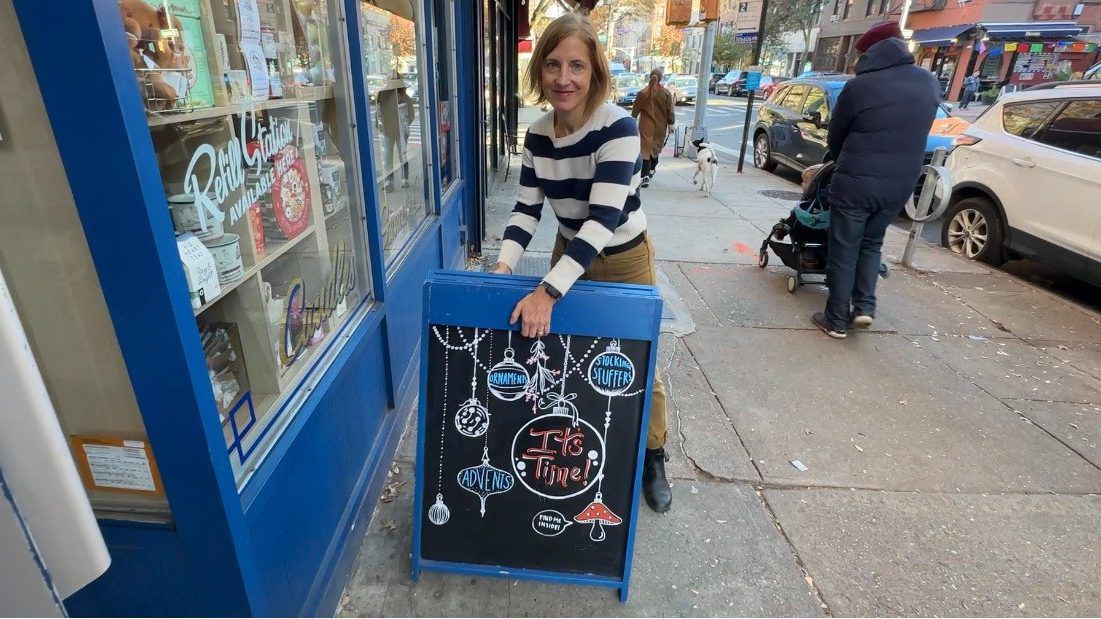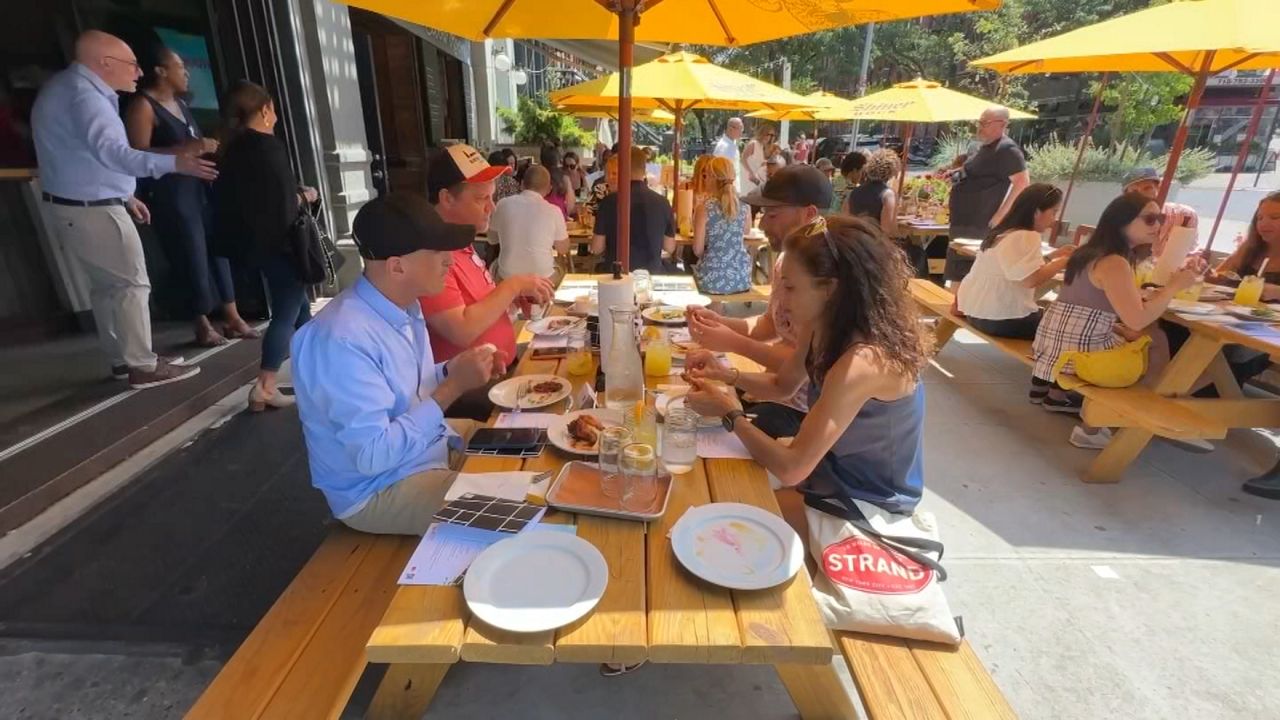Rowana Abbensetts-Dobson is the brain behind, Spoken Black Girl. It’s a publishing space providing what she says is a much needed outlet for underrepresented authors and talent.
“I took the concept of token black girl and turned it into Spoken Black Girl. I noticed there was a lot of discrimination for the voices of Black writers and Black women writers in particular,” she said. “We’re a community, that’s how I think of Spoken Black Girl.”
Abbensetts-Dobson comes from a publishing background and says this project started back in 2017 with her simply blogging about mental health.
“I have struggled with depression and anxiety and I started gaining this following of Black women who were also struggling with their mental health and using writing and literature as a way to express themselves,” she added.
She says she quickly began receiving a flood of submissions from other Black women writers who wanted to share their craft online. This led to their first print issue.
“People loved it! So I was like, let’s keep going, so I continued doing print and online. We’ve published at this point I want to say dozens of writers,” she said.
Brooklyn native Stacy Vargas wrote the poem Brooklyn Brown, one of the four poems that’s been published by the platform. She says historically women’s voices have been marginalized and silenced in mainstream media, but credits Spoken Black Girl for allowing voices like hers to be heard.
“Getting the acceptance is the best reward you can ever get because it’s like yeah, someone can hear you. You don’t want to get shut out anymore,” Vargas said.
As Spoken Black Girl continues to grow and expand, Abbensetts-Dobson admits it’s also morphed into a networking resource. Loyal followers can express themselves, meet up and support spaces like the Black woman owned book store, Adanne bookshop in Brooklyn. She says it’s all about empowerment.
“It’s really exciting whenever spoken black girl is someone’s first publication and then you go on to see them become published writers or published authors, they got a book out,” she said.
She said every writer featured is also paid for their work, which she believes is another important piece of creating a more equitable publishing industry.









